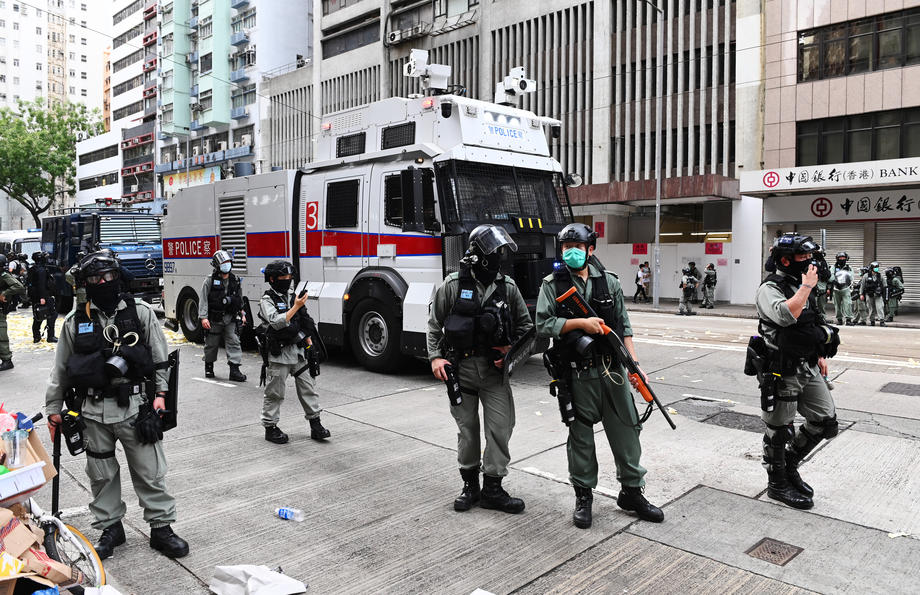The International Press Institute (IPI), a global network of editors, media executives and leading journalists for press freedom, today condemned the arrest of Radio Television Hong Kong producer Choy Yuk-ling by the Hong Kong police.
Choy Yuk-ling was arrested on November 3 on charges of violating Hong Kong’s Road Traffic Ordinance after she searched through a government vehicle database. Choy accessed the database as part of an investigation on possible police misconduct in connection with a violent gang attack on pro-democracy protesters on July 21 last year. The investigation was broadcast in July of this year on RTHK.
IPI Deputy Director Scott Griffen strongly criticized Choy’s arrest.
“The arrest of Choy Yuk-ling is a further sign that Hong Kong, under China’s direction, is extending is crackdown on press freedom”, he said. “Choy Yuk-ling was conducting an investigation in the public interest. These charges should be immediately dropped.”
The arrest was criticized by a pro-Beijing lawmaker, Michael Tien, who faulted the Transport Department of changing the criteria for accessing vehicle databases.
Choy’s documentary revealed the police had allowed men armed with sticks, metal rods and bats to attack demonstrators returning from pro-democracy demonstrations. The attack took place in July 2019 in the area of Yuen Long.
Choy’s employer, RTHK, tweeted that the arrest has worried their staff but the station’s chief vowed that they would continue their free and critical reporting.
The arrest of Choy follows the tightening of restrictive measures enacted by the authorities on In Hong Kong following the passage of a widely criticized “national security” law. The law gives wide-ranging powers to the security officials and it has been seen as subverting the autonomy of Hong Kong under the direction of the communist party ruling mainland China.
The law includes vague definitions for crimes and violations which have been used to target activists and journalists on the island. It also allows authorities from mainland China to operate on the territory, which had enjoyed wider freedoms compared to the mainland.
